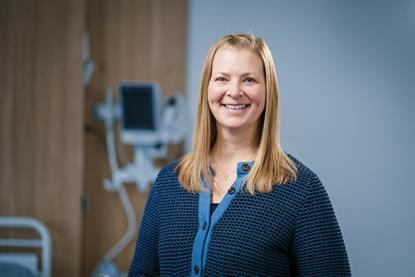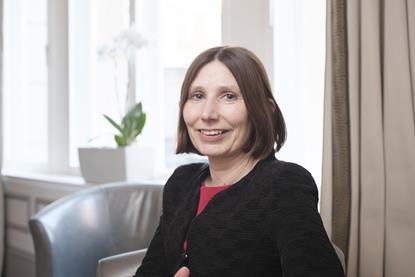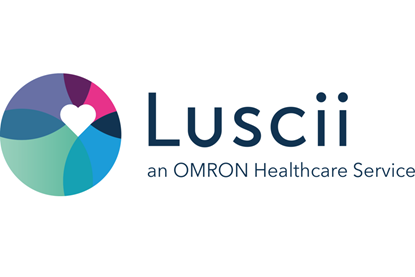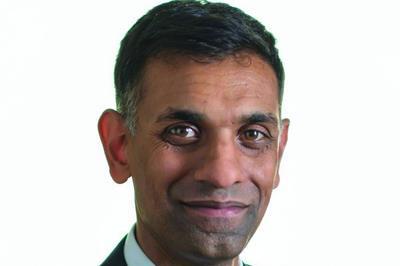Transforming diagnostics for Somerset: Bridgwater CDC progresses at speed
As part of a long-term managed equipment service partnership with Somerset Foundation Trust, Ergéa has supported the development of the new £17.8m Bridgwater Community Diagnostic Centre (CDC), which will transform access to care in Bridgwater and across Somerset.
Reimagining the Interstitial Lung Disease (ILD) Care Pathway - Boehringer Ingelheim article
Interstitial lung disease (ILD) describes more than 200 rare and complex lung conditions. The most common fibrotic ILD is idiopathic pulmonary fibrosis (IPF), which has a median untreated life expectancy of just three to five years from diagnosis.[1] This makes timely and accurate identification, as well as rapid referral for ...
We digitised decisions. Now we must digitise delivery.
The NHS holds more clinical data than ever, yet patient flow remains a daily struggle. Not because digital transformation has failed – but because we digitised decisions while leaving delivery analogue.
What can ctDNA tell us about a patient’s cancer?
Circulating tumour DNA (ctDNA) is transforming how we diagnose and treat complex cancers, particularly when clinical pathways are constrained by the speed, safety, and limitations of tissue biopsy.
Dementia diagnosis: why patients can’t wait for the future
The government’s new vision for dementia diagnosis is ambitious: by 2029, more than 92 per cent of patients could receive a diagnosis within 18 weeks of referral, up from fewer than half today.
Getting classification right: Why remote monitoring safety depends on using the right level of medical device assurance
Remote monitoring has become an essential component of virtual wards and community-based care. As adoption accelerates, understanding medical-device classification is not a legal technicality, but a matter of clinical safety, governance and system integrity.
Beyond the attack count: Turning shared decision making into a reality in HAE care
For individuals living with hereditary angioedema (HAE) in the UK, their journey often begins with uncertainty, misdiagnosis and fragmented care.
Clinically led, patient first: Redefining specialist care in dermatology
When lead clinician Andrew Morris reflects on the origins of the Sussex Community Dermatology Service (SCDS), one principle has guided every decision: putting the patient at the centre.
Fostering co-production and tackling racism will build an NHS fit for all
The healthcare system’s current participation and co-production practice with diverse and marginalised communities remains, at best, extremely variable. At its worst, it can be actively harmful in its exclusion of some of the most marginalised voices in society.
Shaping the future of respiratory care together
From addressing critical challenges to shaping innovative solutions: GSK’s medical head, general medicines, UK, Aruni Mulgirigama, shares her perspective on the future of respiratory care






























